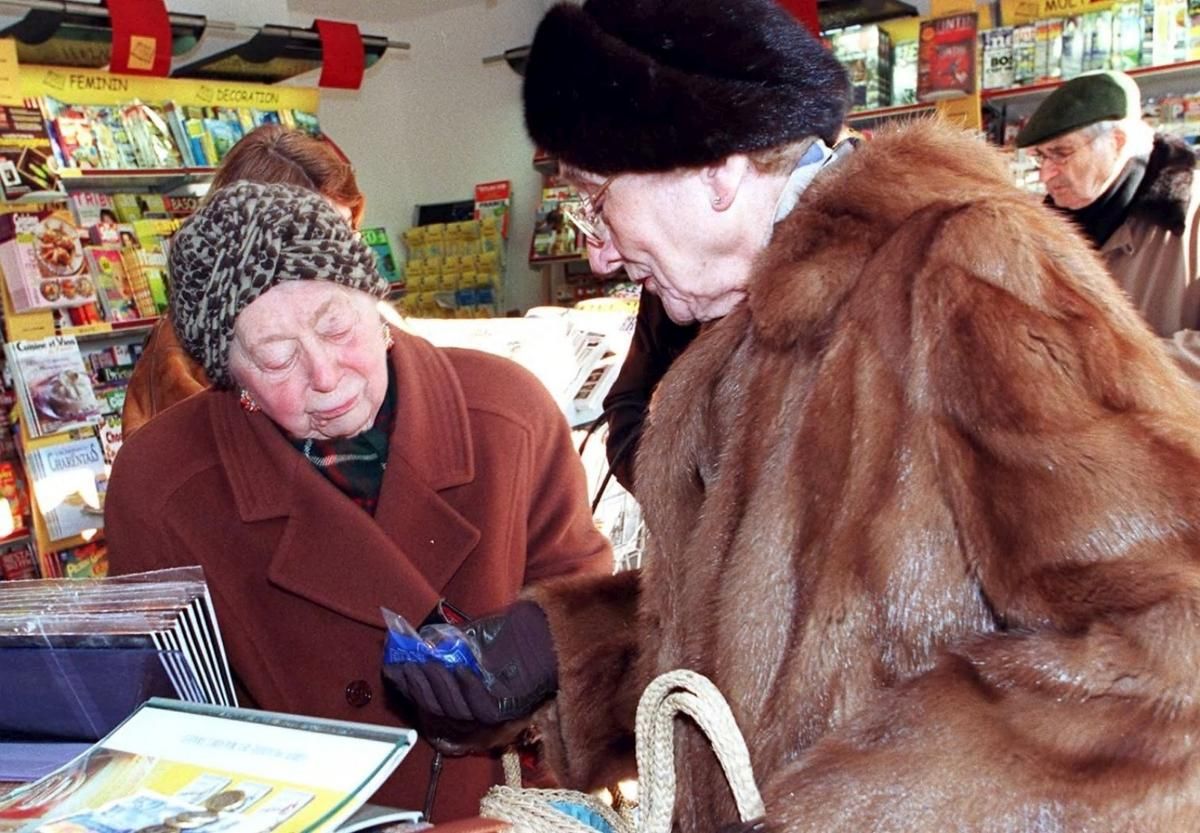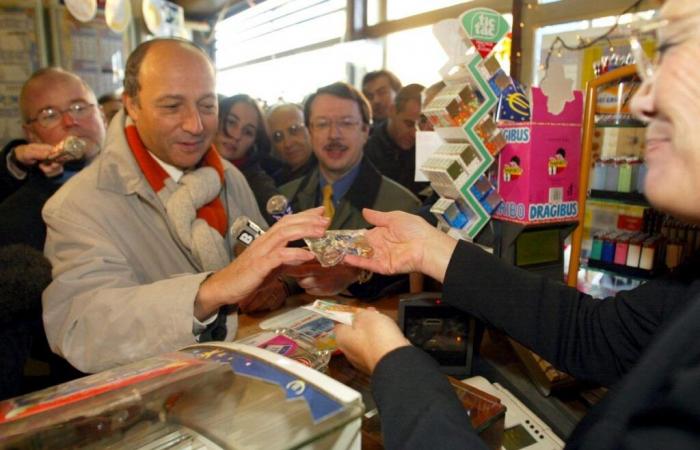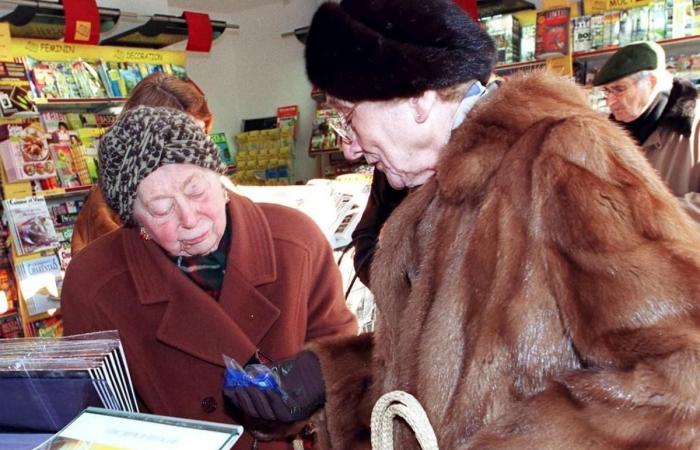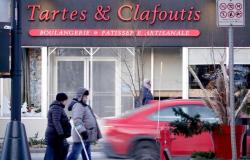There are those who did not want to miss this symbolic date, the curious impatient to touch a currency announced for three years, the fanatics of “collectors”, the generous ones eager to offer the trendy Christmas 2001 gift. The French have reserved a enthusiastic welcome yesterday to their first euros in hard cash.
Can we talk about a rush? In Paris, banks, post offices and tobacco shops were always full of people all day long, assailed by curious people of all ages who came sometimes from dawn. From midnight on Thursday, enthusiasts were hanging out in the cold at nighttime tobacconists. In front of a tobacconist, near the Champs-Élysées, from a quarter to midnight, around ten people were waiting. A collector spent 1,500 francs to buy fifteen sachets.
At the post office on Rue du Louvre, the largest in France remaining open all night, nearly 200 bags had already left after twenty minutes. In a tobacconist in downtown Toulouse, nearly 400 sachets were sold in three hours.
> Find all our articles on the euro in our search engine
However, past the flow of those who wanted to be the first Europeans to pocket the coins, we instead saw a regular crowd without long queues. In the south-east of France, the snow even pushed the purchase of kits to the back burner. In Marseille, customers were not crowding at the counters.
I received 50% more customers and, by the end of the morning, half of the kits were gone
Last night, the stock of 50 million euro sachets was well under way. Tobacco shops sold 4.3 million of the 6 million made available to them. According to Michel Arnaud, president of the Trade Union Confederation of Retailers, out of 100 customers entering a tobacco shop on Friday morning, eighty purchased one or more sachets. “I received 50% more customers and, at the end of the morning, half of the kits had gone,” says Bruno Raphard, in Lanton, in the Arcachon basin.
Sale of the first euro kits at Crédit Lyonnais, in Bordeaux, on December 14, 2001.
Thierry David / South West Archives
In Bordeaux, as of 4 p.m., some tobacconists were out of stock. At the same time, La Poste reported the distribution of 30% of its 9 million sachets, including 600,000 in Île-de-France, despite the strike which affected its Paris offices. As for banks, where distribution was generally carried out according to the rule of one sachet per account holder, stocks were less depleted. The French Banking Federation estimates that 15% – or 5 million – of the 33 million kits put in place have been sold. At BNP Paribas, “10 to 15% of the stock of 2.7 million sachets” were already sold on Friday and the bank expects “an even greater influx on Saturday”. “The first day of distribution […] proceeded satisfactorily, thanks in particular to the reinforcements recruited by the banking sector for the transitional period,” the banks welcome.
The euro celebrates its 20th anniversary: our file
On January 1, 2002, the franc disappeared in favor of the euro. The single currency is now used by 342 million people, in 19 of the 27 states of the European Union. Find our special report
Euro-impatience
As for the Banque de France, distribution was hardly disrupted and 98% of branches carried out sales; three unions called for a strike but the movement did not have the expected success. According to management, there were 9% of strikers for the network, 7% for central services and 16% for the unions.
Émilie Drouinaud / Archives Sud Ouest
The first euros in the hands of these two customers, on December 14, 2001, in Angoulême in Charente.
The day took place in “satisfactory conditions”, soberly commented the Ministry of Finance. “There is real Euro-impatience, not just curiosity,” noted François Patriat. “People have the feeling of participating in an event that you only experience once or twice in your life, perhaps even only once in a century,” said the Secretary of State for SMEs. The only downside to this Euro-enthusiasm is that the president of the Rally for France (RPF), Charles Pasqua, announced that he had filed a summary before the Council of State against the distribution of euros.








